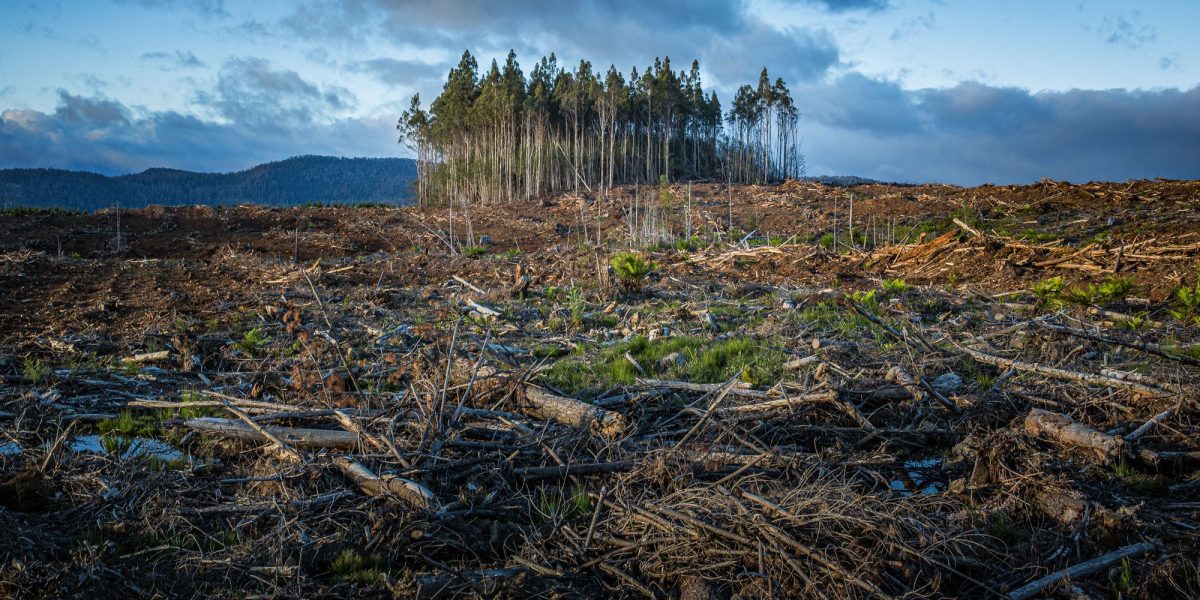Climate Crisis and the Struggle for Social Equality and Human Rights: An Introduction to Political Ecology (IGREC Course)

Faculty:
Course Schedule:
Spring 2025: February 10 — April 16 | Mon, Wed 15:00 – 16:20 CET (Berlin)
Spring 2025: February 10 — April 16
Subject: PS
Course Level: 300
Number of Credits: 1 U.S. / 2 ECTS
Max Enrollment: 22
Schedule: Mon, Wed 15:00 – 16:20 CET (Berlin) | 9:00 – 10:20 AM EDT (New York)
Language of Instruction: English
Course Prerequisites: English B2 / Equivalent or higher
The fight against the climate crisis and its mitigation is not a mere question of technological innovation. It requires a fundamental reorganization of our societies and therefore directly affects all spheres of societal development. The global rise of the authoritarian far right often simultaneously transforms the struggle for ecological transformation into a struggle for human rights and social equality, as their often explicitly anti-ecological agenda goes hand in hand with an explicit rejection of human rights (anti-feminism, racism, etc.) and demands for racially motivated social policies.Against the backdrop of the climate crisis, the research field of political ecology allows a look at lines of conflict surrounding the use and distribution of natural resources and inequalities between social groups and regionally between countries of the Global North and the Global South. This approach allows to contextualize the socio-political debates surrounding the climate crisis and to place them in a broader context of the debate on democratic development, human rights and social justice. In the seminar, theoretical strands of political ecology such as environmental justice and degrowth are presented and discussed. Key concepts such as unequal exchange, the anthropocene or the imperial mode of living will be dealt with in depth. One focus of the seminar is on international resource politics and extractivism. On the basis of selected case studies in Africa, Latin America and Russia, political-economic conditions, actors, their interests and (historically evolved and changing) power relations that characterize extractivism will be defined in detail. Against the backdrop of the energy transition in the European Union and the associated decarbonization strategies, the tendencies of green extractivism are also analyzed.
This course is supported by the Institute of the Global Reconstitution (IGREC) project. See IGREC website: https://www.igrec.io/
Guidelines for the Statement of Purpose:
Craft a reflective statement of purpose explaining your interest in the Smolny Beyond Borders online course. The file should be saved with your name and course title as the filename and uploaded accordingly. Your statement’s clarity and substance will significantly influence our selection. Convey your motivations and aspirations for this course succinctly but thoroughly. Kindly write your statement in the course’s Language of Instruction.
Application Portal Instructions:
1) Use the Latin alphabet for all entries on the portal, including your name. If the Language of Instruction is Russian, you may use Cyrillic only within the Statement of Purpose file, and the title of the file should still be in English.
2) Refrain from using email addresses associated with Russian or Belarusian educational institutions.
3) While completing the “Required Information” section, ensure you fill in the “Province” field for your address.
4) Provide an address outside Russia or Belarus in both the “Required Information” and “Geographic Location Confirmation” sections of the “Online Course Application”. This ensures we can send your transcript.
5) You must press the “Sign” button twice during the application.
6) If you hold a bachelor’s degree, select “4th+” in the “Academic Year (online)” section.
7) Applicants either unaffiliated or affiliated with educational institutions in Russia and Belarus should list ‘Smolny Beyond Borders’ as their educational institution.
8) In the student ID section, enter ‘SBB’.
9) Consider drafting your motivation letter ahead of time. Save it as a separate file with this format: LastName_FirstName_CourseTitle for a smoother application process.